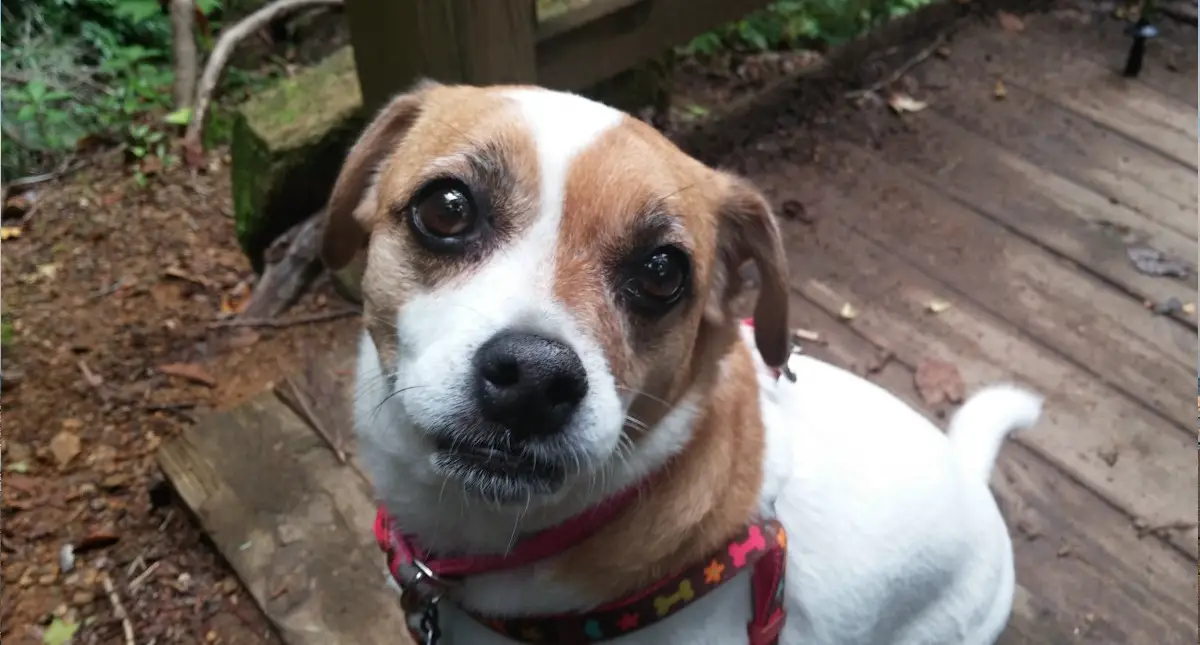Table of Contents
*This post may contain affiliate links. As an Amazon Associate we earn from qualifying purchases.
It’s a surprisingly contentious question. And if you get a large enough group of dog owners together, you’re bound to come up with an equally large spectrum of answers to match.
Some will shudder, thinking of all the places their dogs’ snouts end up before they come to you for a kiss. Others are so closely bound with their dogs that they feed them from their own forks and plates.
What does science say about doggy kisses? And, equally importantly, what do you think?
Why Do Dogs Lick?
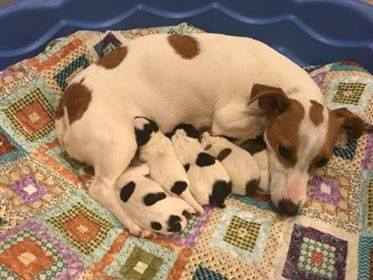
According to Hill’s Pet Care, dogs learn to lick right after birth, when their mother licks them for the first time, to clean them and to stimulate breathing. They learn to lick their mother back, and then to lick each other. Later, licking becomes a calming behavior. It soothes stress and anxiety. Licking dominant pack members is also a way that dogs and wolves show submission.
When your dog licks you, says Hill’s, it really is a kiss. They’re saying they like you. Either that, or you have some gravy on your hands!
Yes, It’s Antibacterial
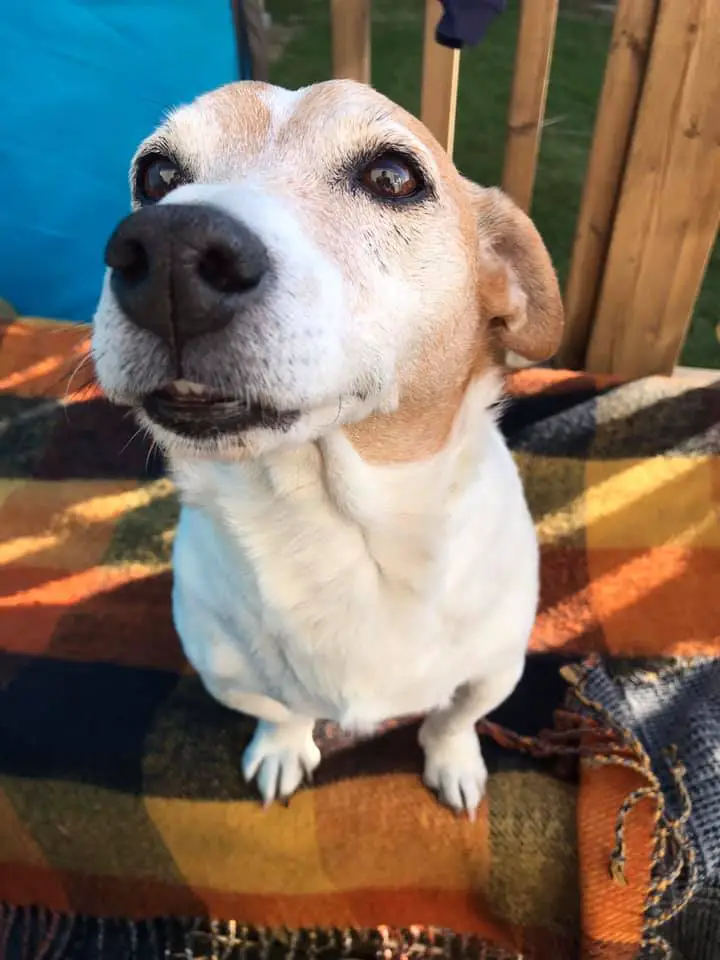
Dr. Colin Harvey, emeritus professor of surgery and dentistry at the School of Veterinary Medicine at the University of Pennsylvania explains the different antibacterial properties of dog saliva.
First, dog saliva is very slightly alkaline. It has a pH of between 7.5 to 8, which is slightly more alkaline than human saliva (6.5 to 7). This helps to neutralize the acids produced by some mouth bacteria, and this protects dogs’ tooth enamel.
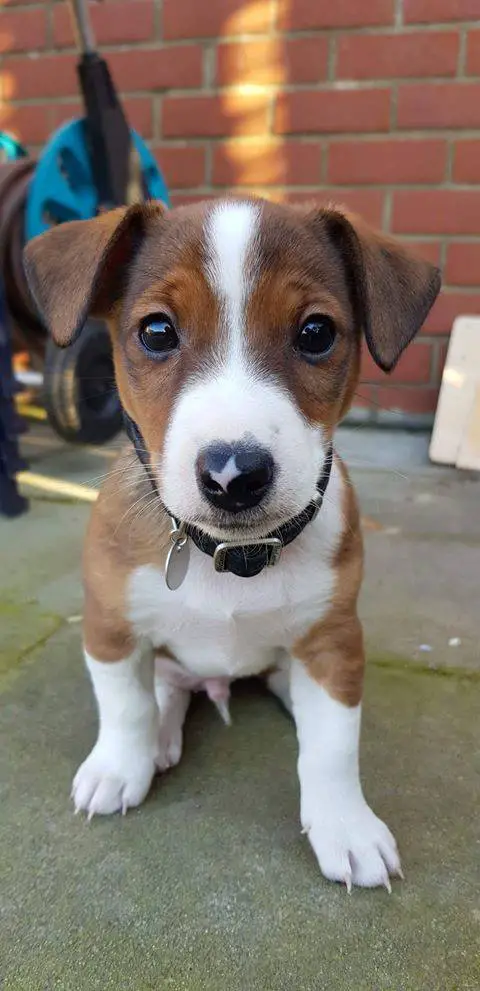
Dog saliva is also antibacterial, which is why dogs lick their wounds. Our dogs’ saliva contains proteins called
But…
Does this mean you should let your dog lick your wounds? Science says no. First, the bacteria that dogs’ saliva kills are dog-specific, so licking your wounds wouldn’t do you any good
And second, when a dog licks you, it can transfer lots of other things to you that you don’t want, such as roundworm eggs, E. Coli, salmonella, and
And Kisses?
While it’s a bad idea to try to heal your wounds by letting your dog lick them (don’t laugh; people do a lot of weird things that seem like a good idea at the time), there’s probably no harm in letting your dog give you kisses on unbroken skin.
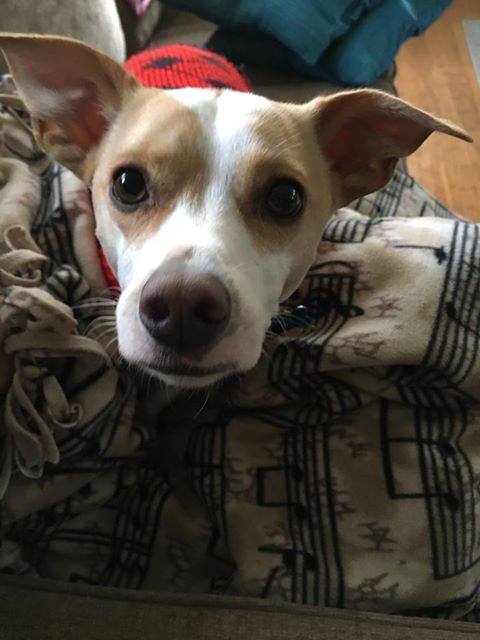
Hill’s Pets say that even the harmful bacteria that your dog may carry in its mouth are often in such small concentrations that it won’t harm most people. Unless you have a compromised immune system, dog kisses, they say, are basically safe. However, the following groups should avoid letting dogs lick them:
- Pregnant women and babies
- The elderly
- Anyone with open sores
- People with compromised immune systems
But that’s just common sense.
The Takeaway
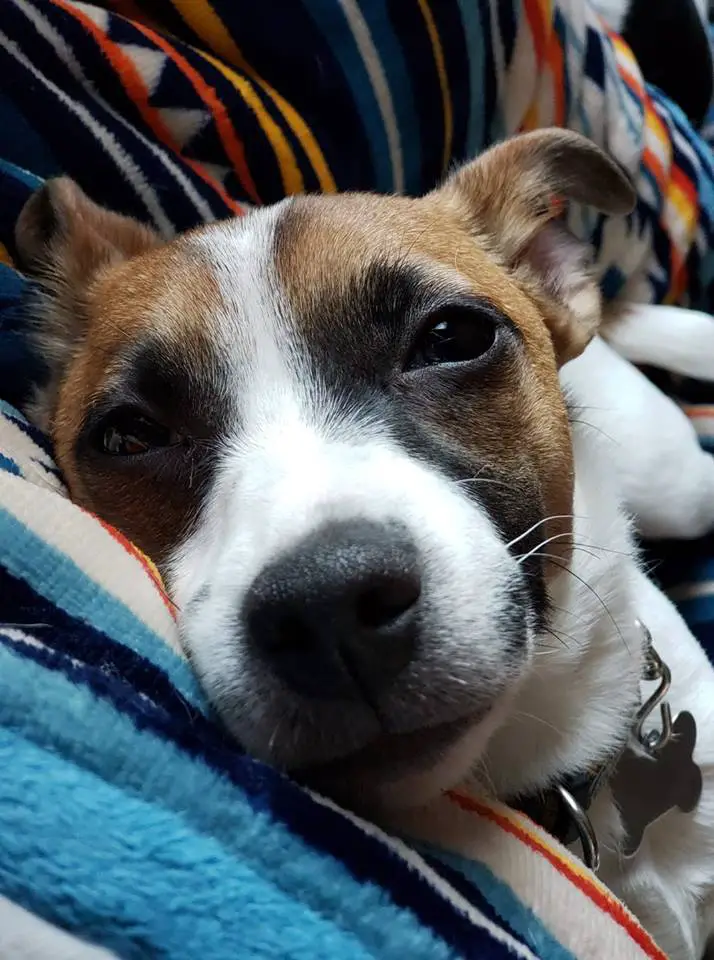
Like so many things, To Kiss or Not To Kiss comes down to how you feel about it. If you like slobbery doggy kisses, enjoy them! But be smart and play it safe.
Featured Image: CC0 via Pxhere

